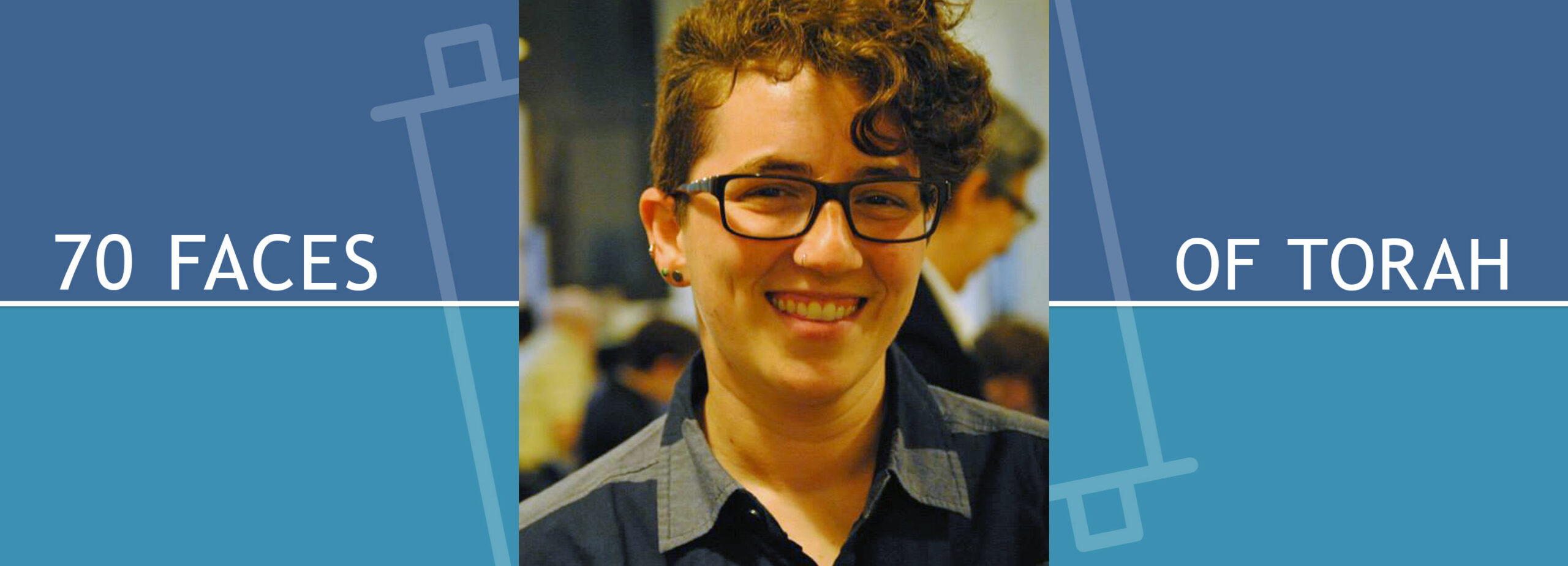Leviticus Moving from Corona-Time into Divine-Time

Parashat Emor (Leviticus 21:1-24:23)
A common refrain in my conversations these days is the question: What is time, really?
If you’re like me, your hours and days are blending together, one Zoom call leading into another, into another, into another, until the day is over and it’s time for the next one. In a blink, it’s been weeks of shelter in place. Or maybe you’re like my partner who works in health care, and whose days have become non-stop emergency mode, with one day blurring into the next in a haze of disaster response. Neither of us can seem to remember if a conversation we had was last week or last month, and everything before March feels like a lifetime ago. Covid-19 has stripped time of its meaning.
In this week’s parshah, we get the directive to count the omer—some read this very line each night before counting:
וּסְפַרְתֶּם לָכֶם מִמָּחֳרַת הַשַּׁבָּת מִיּוֹם הֲבִיאֲכֶם אֶת־עֹמֶר הַתְּנוּפָה שֶׁבַע שַׁבָּתוֹת תְּמִימֹת תִּהְיֶינָה׃ עַד מִמָּחֳרַת הַשַּׁבָּת הַשְּׁבִיעִת תִּסְפְּרוּ חֲמִשִּׁים יוֹם וְהִקְרַבְתֶּם מִנְחָה חֲדָשָׁה לַיהוָה׃
And from the day on which you bring the sheaf of elevation offering—the day after the sabbath—you shall count off seven weeks. They must be complete: you must count until the day after the seventh week—fifty days; then you shall bring an offering of new grain to the LORD.
Amidst the haze of days and weeks, my partner and I have a competition going for who remembers to count each night. Our ritual is simple: someone remembers, we say the blessing, and then we try to do the math of how many weeks and days before we peek at the app that keeps count for us. Our brief ritual reminds us of our feeble grasp on elementary math and occasionally feels silly, but is there nightly.
This commandment of counting comes listed amongst all the ways God gives us to differentiate time, starting weekly with Shabbat, then monthly with the new moon, and then seasonally with each holiday. Reading this week’s parshah, I’m reminded of a teaching I learned from my Hebrew College teacher Rabbi Nehemia Polen. He taught that the Israelites’ first gift as they began to transition from slavery into freedom was the gift of the calendar (see Exodus chapter 12). As slaves, the Israelites’ days went on undifferentiated, one day of work followed by another, followed by another, with no end. Once freed, the Israelites were given Shabbat and other temporal markers. Freedom came with the power to fill their days as they wished, and the relief from monotony that a set calendar brings. Along with liberation from Egypt, God offered the Israelites a rhythm for their days: one, two, three, four, five, six, REST.
Each day in quarantine, when we pause to count the Omer, we inevitably remember where we were yesterday, and imagine where we might be tomorrow. As we count, we see ourselves in a context, knowing that while today might feel like it slipped away, we are part of something that is bigger than deadlines and Zoom calls. Our counting is accepting an invitation out of the blur of Corona-time and into Divine-time. Shabbat and holidays were an invitation to the Israelites out of the blur of Egypt and slave time and into the breadth and possibility of freedom. Counting our days gives us a measure of control—a reminder that we can set our calendars and not our “task-masters.” And it gives us a connection to the Divine, reminding us that if we want, we can accept God’s invitation to count 50 days (seven weeks) from the second night of Passover to Shavuot (Feast of Weeks), and then celebrate our freedom and the gift of Torah.
Frankie Sandmel is a rabbinical student at Hebrew College in Newton Centre, MA.

